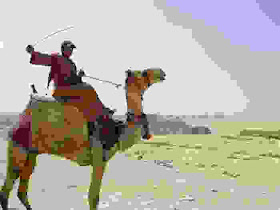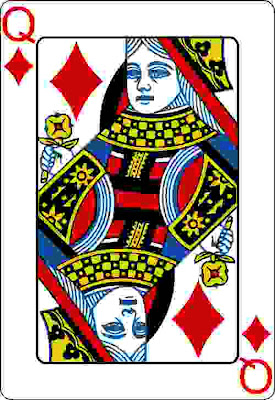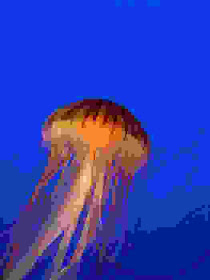I occasionally wake up from a dream and immediately realize how flawed my logic was. Although I rarely remember any of my dreams, I have definitely woken up and thought to myself "haha, my sleeping mind must be really stupid to have come up with that conclusion." However, I have encountered a few counterexamples which indicate that my sleeping mind can be productive.
When I am falling asleep I usually spend my time thinking about some challenging problem. My theory is that if I fall asleep while thinking about a problem, my sleeping mind might churn away during the night and make progress on the problem. Although this usually isn't the case, there have been a few instances when I wake up and I have
the answer.
A few years ago I was stuck on a programming problem on a cpsc313 assignment. It was late at night, I wasn't making any progress, so I went to sleep. I woke up in the middle of the night and immediately knew how to solve the question. I was so excited that I spent a few minutes implementing the solution, verified that it worked, and then went back to sleep.
Last night I went to sleep trying to think of an idea for a project to implement on Google App Engine. This morning I was surprised to find that I had a complete project idea in mind (including the algorithms needed to implement it!). I don't particularly like the idea and I don't think I will implement it, but I was shocked to find that I could come up with an original idea with non-trivial algorithmic details while I was asleep.
The idea was to develop a website for people looking for recommended places to travel. The website would first ask a series of 5-10 binary questions. The questions would provide a brief description of two travel destinations. The user would then click on the destination they would prefer travelling to. After they complete the questions a ranked list of travel recommendations would be given to the user (the list would contain many more destinations than were asked in the questions). Using some basic machine learning, the travel recommendations would become more accurate as more people use the website. The answers to the questions serve two purposes: 1) to assign the user to a cluster of like-minded individuals in order to generate a ranked destination list and 2) to rank travel destinations for all users in that cluster. Although I don't particularly like this project idea, I do like the algorithm it uses. I can imagine that this same algorithm could be used for other project ideas (although I haven't thought of any good ones yet).


























